iaav.aulas.
Blender 2.78 & Unity 5.50
Semana 1 : Unity Editor & Basics.

S1: Windows. Menus. File Structure.Creating Primitives. Transforms. Arranging GameObjects. Parenting. Importing Textures. Importing Meshes. Shaders. Creating Materials. Creating Prefabs.
Semana 2 : Unity C# Basics.

S2: Creating script files. Variables. Conditional statements. Arrays. Loops. Functions. Events.
Semana 3 : Unity C# Basics.

S3: Classes and object-oriented programming. Inheritance. Polymorphism. Variable visibility.
Semana 4 : Scene Navigation & Physics.

S4: First Person Controller. Input Manager. Colliders. Physics. Rigidbody. Cloth.
Semana 5 : Finite State Machines.

S5: Setting up waypoints. Abstract FSM class. Using an FSM framework. AdvanceFSM class. State classes
Semana 6 : Random and Probability. Sensors.

S6: Random and Probability. Random class. Independent and related events. Conditional & Weighted probability. Sensors. Collider-based system. Graph-based system. Visual, audio, touch sensors.
Semana 7 : Path Following.
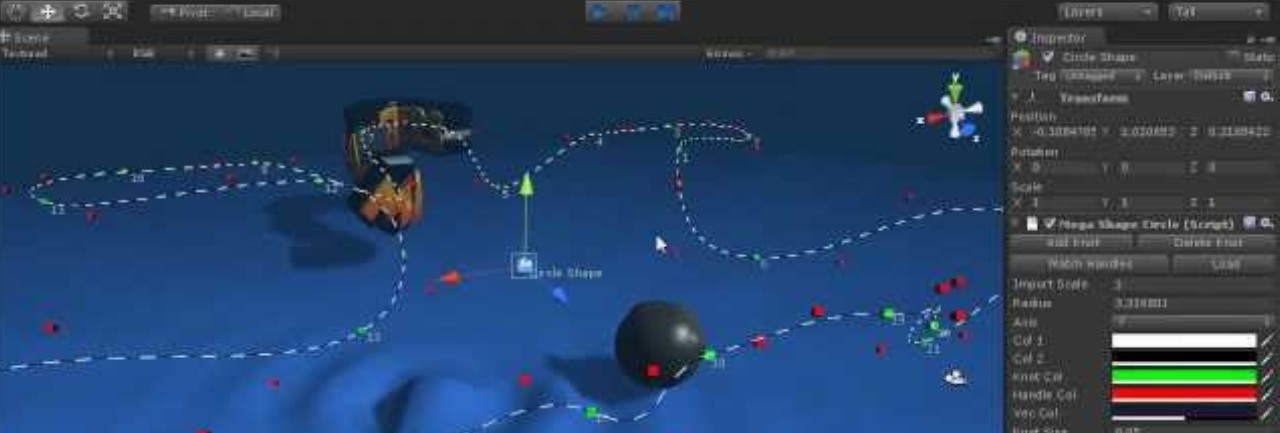
S7: How AI characters can follow a path provided to reach a destination. Representing the world with grids, Dirichlet domains, points of visibility, and a self-made navigation mesh. Wandering around. Following a path. Avoiding agents & walls.
Semana 8 : Pathfinding.
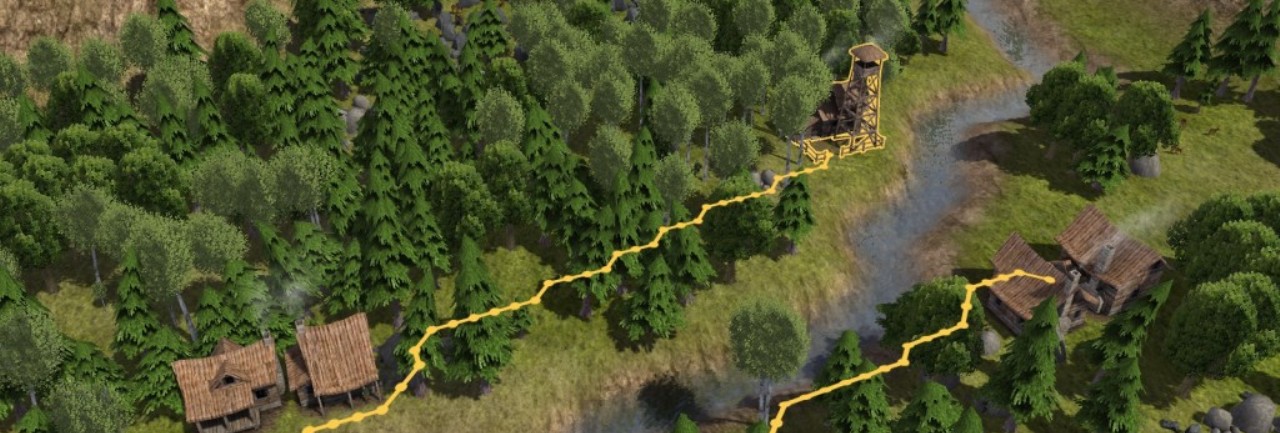
S8: Find the best route from a given location to a target location. Finding the shortest path with BFS and with Dijkstra. Finding the best promising path with A*. Improving A* for memory: IDA*.
Semana 9 : Navigation Mesh.
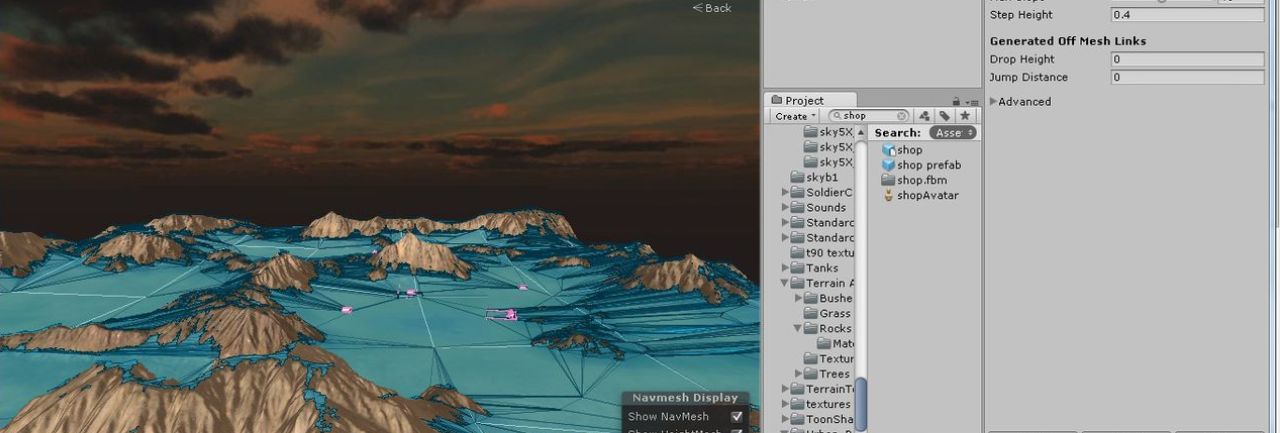
S9: Make pathfinding easier to implement by creating a Navigation Mesh. Setting up waypoints. Advanced NavMesh parameters. Culling areas. Multiple navigation meshes.
Semana 10 : Flocking.
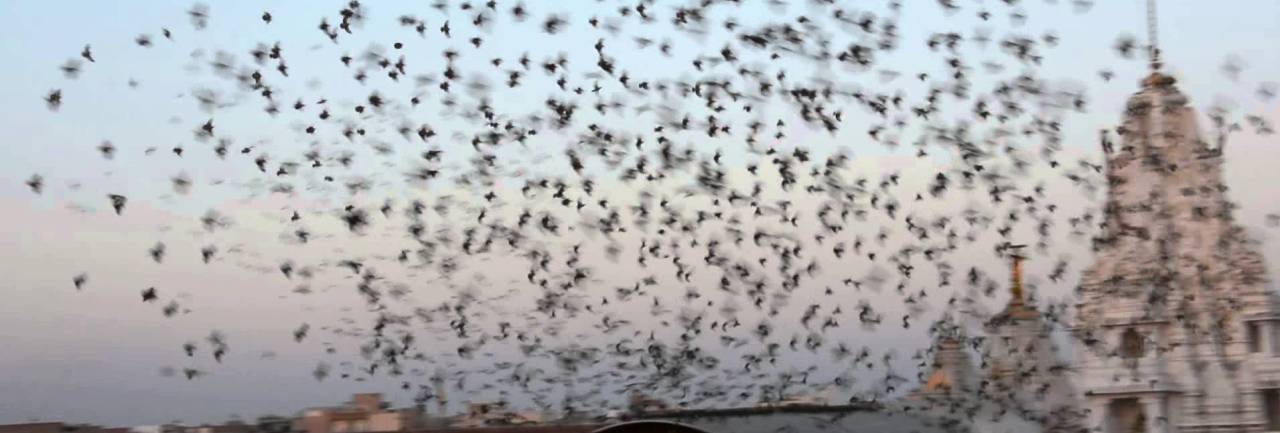
S10: Different ways to implement flocking, and how it can be used to make objects move together. Crowd chaos. Crowd control
Semana 11 : Behavior Trees.
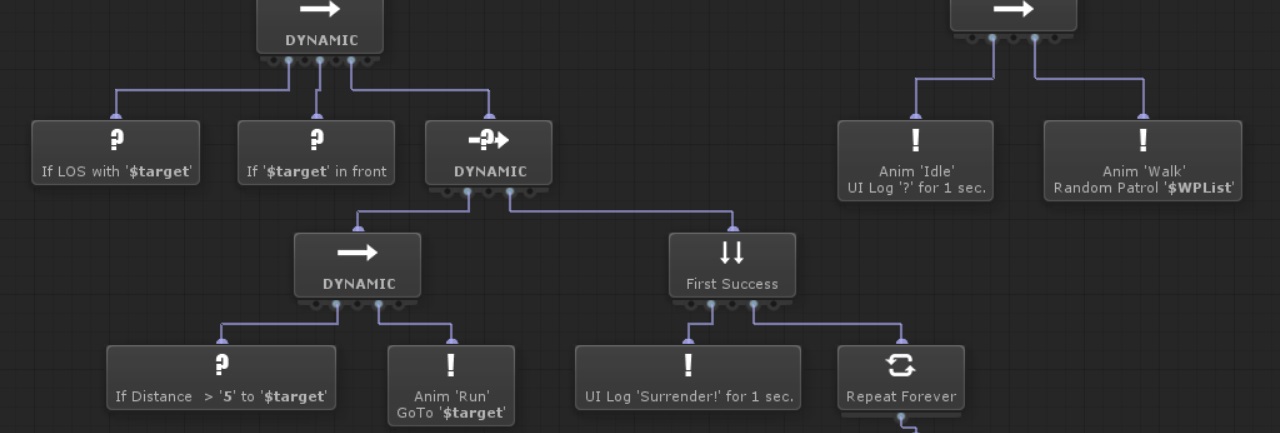
S11: Expand upon Finite State Machines. Hierarchical finite-state machines. Combining FSMs and decision trees. Behaviour trees. Fuzzy logic. Markov systems. Making decisions with goal-oriented.
Semana 12 : - Learning Techniques.
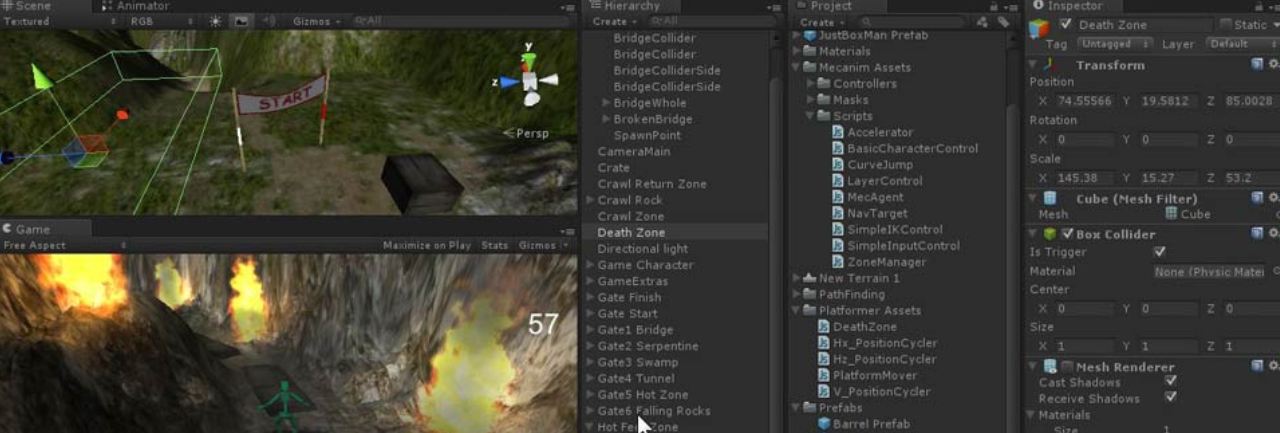
S12: Learn and apply machine-learning techniques to games. N-Gram predictor. Naïve Bayes classifier. Decision trees. Reinforcement. Neural Networks.